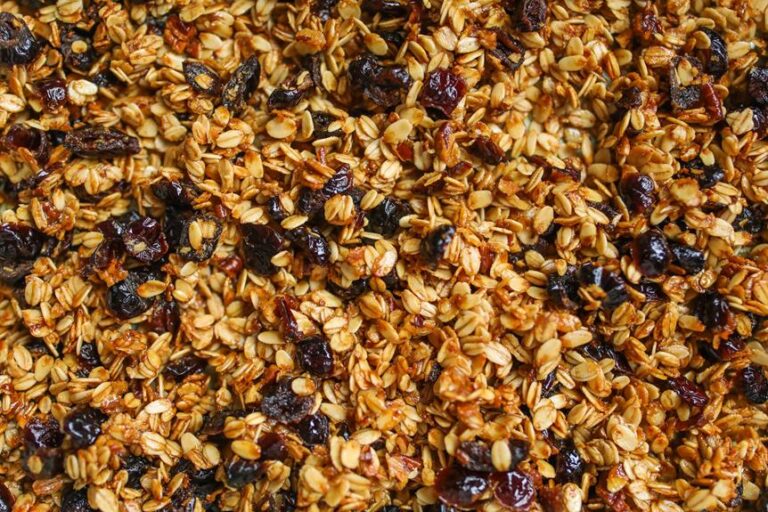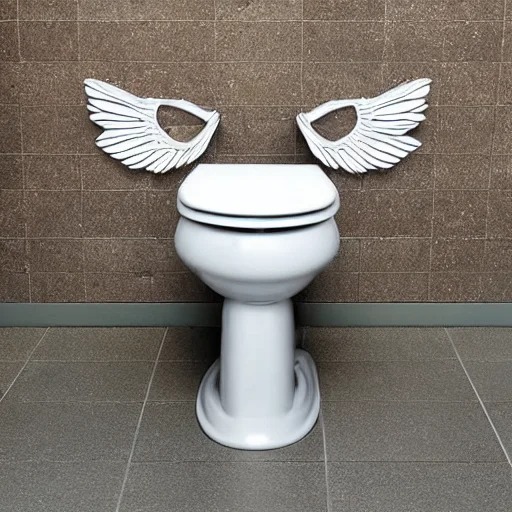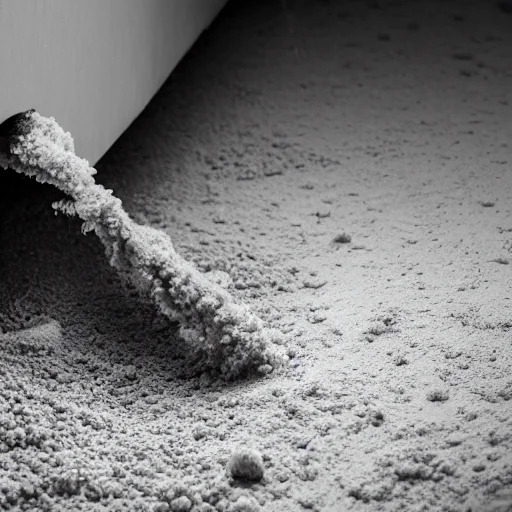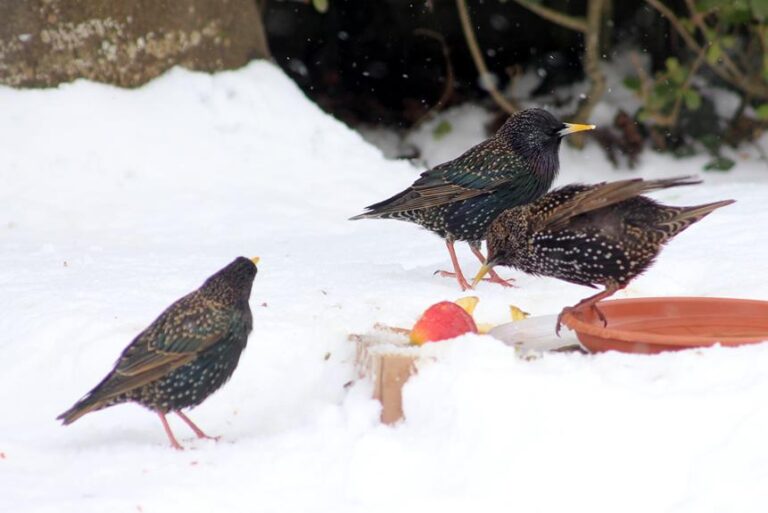Bird crowding in your home can be likened to the delicate balance of a card house: a single disturbance can lead to a domino effect, causing the entire structure to come crumbling down.
In the same vein, a bird problem that isn’t dealt with promptly can spiral out of control, resulting in costly damage to your home structure, health risks, and unwanted noise.
We’ll get into the impact of bird infestations and offer some pointers on how to protect your home from such potential pitfalls.
Contents
Key Takeaways
While watching birds can be quite charming, they can unfortunately also cause substantial damage to your house if they decide to take up residence there.
The impacts of such an infestation may vary, including potential harm to the structure of your home, potential health risks, and incessant noise and disturbance.
You may find yourself asking, ‘How can I protect my home from these winged trespassers?’ Fortunately, there are a number of effective methods you can employ to defend your home against these unwelcome visitors.
By putting these techniques into action, you can keep your home safe from the risks associated with bird invasions. This way, you can keep your home’s tranquillity intact and prevent any potential damage.
Structural Damage
Risks
Birds, while often charming and beautiful, pose a surprising risk to the integrity of your home. Their nesting habits, involving the use of twigs, leaves, and other debris, can lead to blockages in your gutters and drains.
More so, the droppings they leave behind are not just unsightly, but can also be harmful to the materials that make up your home, including wood, metal, and stone.
The corrosive nature of bird droppings can lead to discoloration and deterioration of these materials over time, and in severe cases, even structural weakening.
Areas such as roofs, building facades, and ventilation systems are especially susceptible to bird-related damage. Therefore, acting swiftly to mitigate these risks can save you a lot of trouble in the long run.
Regular upkeep including cleaning of gutters and drains, and sealing off any potential access points for the birds, can effectively keep bird infestations at bay and safeguard your home against damage.
As the saying goes, ‘An ounce of prevention is worth a pound of cure.’ In the context of bird-related home damage, this couldn’t be more accurate.
Health Hazards
In addition to the potential for structural harm, the presence of birds can lead to considerable health risks for those in close proximity.
The droppings left by birds can be a carrier for conditions such as histoplasmosis and cryptococcosis. These diseases can be spread through the air via spores, leading to potential respiratory complications and allergic responses.
The presence of feathers, debris, and nests can also be an allergy trigger for individuals who are prone to such reactions. Therefore, maintaining cleanliness and ensuring the swift removal of anything related to birds is a necessary step to reduce these hazards.
Furthermore, if a person finds themselves exposed to bird droppings or starts to exhibit any symptoms, immediate medical consultation should be sought. It’s not just about the nuisance they create, but also about the silent risk they pose to our health.
‘Birds may seem harmless at first glance, but their presence can lead to serious health implications if not addressed promptly.’
Noise and Disturbance
Living in harmony with the environment often means dealing with a variety of natural challenges, one of which is the noise and disturbance caused by bird infestations.
Besides potential health risks, bird-related noise like constant chirping can disturb peaceful living, disrupt sleep, and cause irritation. Hence, it becomes imperative to manage bird noise without harming the natural environment.
One effective way to create a serene indoor environment is making structural adjustments such as installing soundproof windows and utilizing white noise machines. This not only ensures a quiet atmosphere but also respects the habitat of our feathered friends.
Maintaining a balance between tranquility and bird preservation requires implementing several strategies. These include the use of bird deterrents, sealing any points of entry, and eliminating any potential food sources. Taking these steps can significantly reduce noise disruption and contribute to a better quality of life.
| Use Bird Deterrents | Block Entry Points |
| Maintain Cleanliness | Eliminate Food Sources |
| Use White Noise Machines | Install Soundproof Windows |
Preventive Measures
Precautionary Steps
Acting proactively to protect your home from bird infestation and the ensuing damage can be fruitful. By putting up bird deterrents like spikes, nets, and screens, you can deter birds from setting up shop on your property. Cutting off any possible entry points can keep birds at bay.
A regular regimen of maintenance and cleaning of the gutters and drains can stop the blockages that bird nests might cause. Also, eliminating food sources that lure birds, such as open garbage bins or bird feeders, can dissuade them from hanging around.
Seeking advice from professionals or adhering to local regulations for specific preventive measures can be the most effective way forward.
As a wise person once said, ‘Prevention is better than cure’. This rings true when dealing with potential bird infestation. Act now to protect your home and enjoy peace of mind.
Bird Behaviors
A Key to Prevention
As part of a proactive approach, gaining knowledge about bird behaviors and habits is an effective way to predict and mitigate potential problems.
Many bird species gravitate towards residential areas because they offer an abundance of food, water, and shelter. By studying their behaviors, we can anticipate and deflect issues before they become problematic.
The type and severity of bird infestation can change based on the region and species found there. Thus, recognizing the bird species in your area plays a pivotal role.
Birds, though beautiful creatures, can sometimes pose problems. They may use twigs, leaves, and other materials to construct nests which can obstruct gutters and drains, causing structural damage. Their droppings, too, can be corrosive to various building materials.
Aside from physical damage, there are health risks associated with bird droppings, feathers, and debris. Plus, the noise and disturbance created by birds can interrupt sleep and become a source of irritation.
As an old saying goes, ‘Forewarned is forearmed.’ By being proactive and gaining insight into bird behaviors, we can safeguard our homes from these potential issues.
Conclusion
Birds, while enchanting to observe, can cause significant harm to your property when they become unwanted guests. The negative effects of a bird infestation can range from structural harm to health risks, not to mention noise and disruption.
So, you might be pondering, ‘What can I do to shield my home from these feathered intruders?’ Well, you’re in luck. There are effective preventive measures that can help you maintain your home’s integrity against bird invasions.
By implementing these strategies, you can ensure your home remains a bird-free zone, safeguarding it from potential harm.






